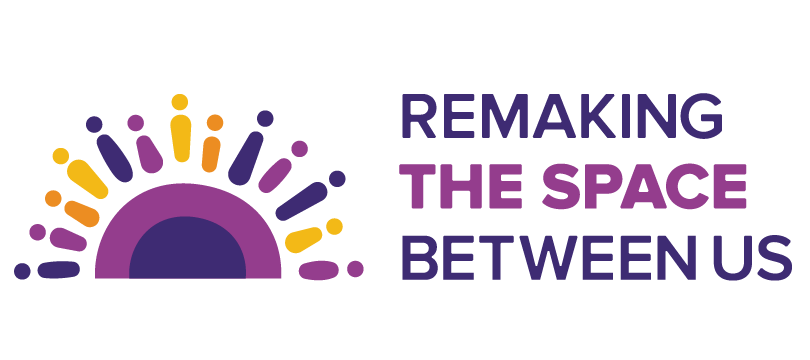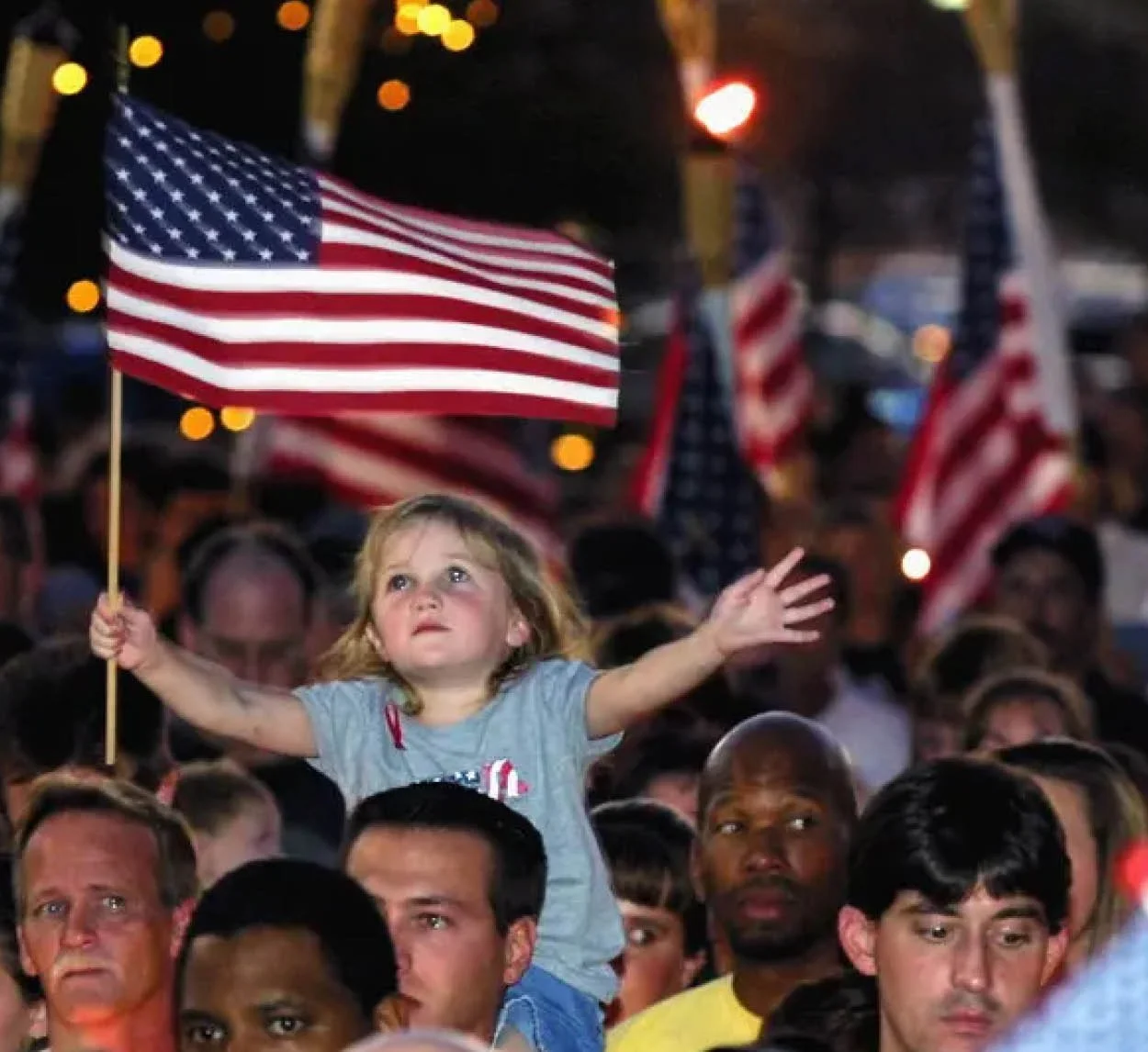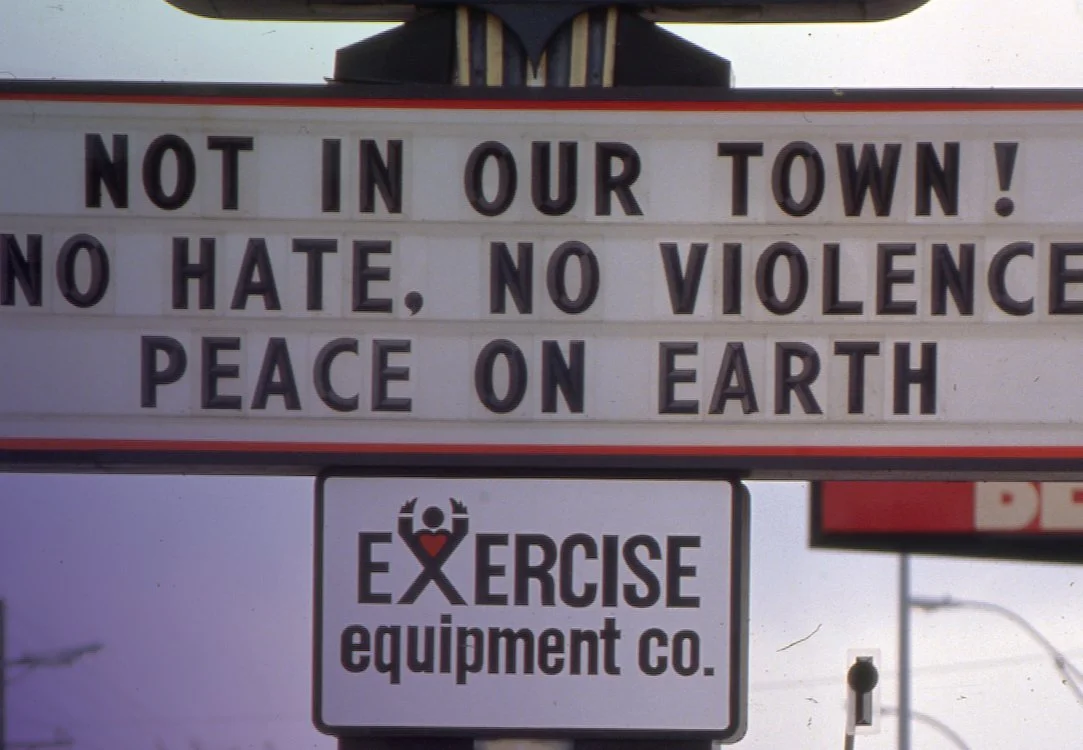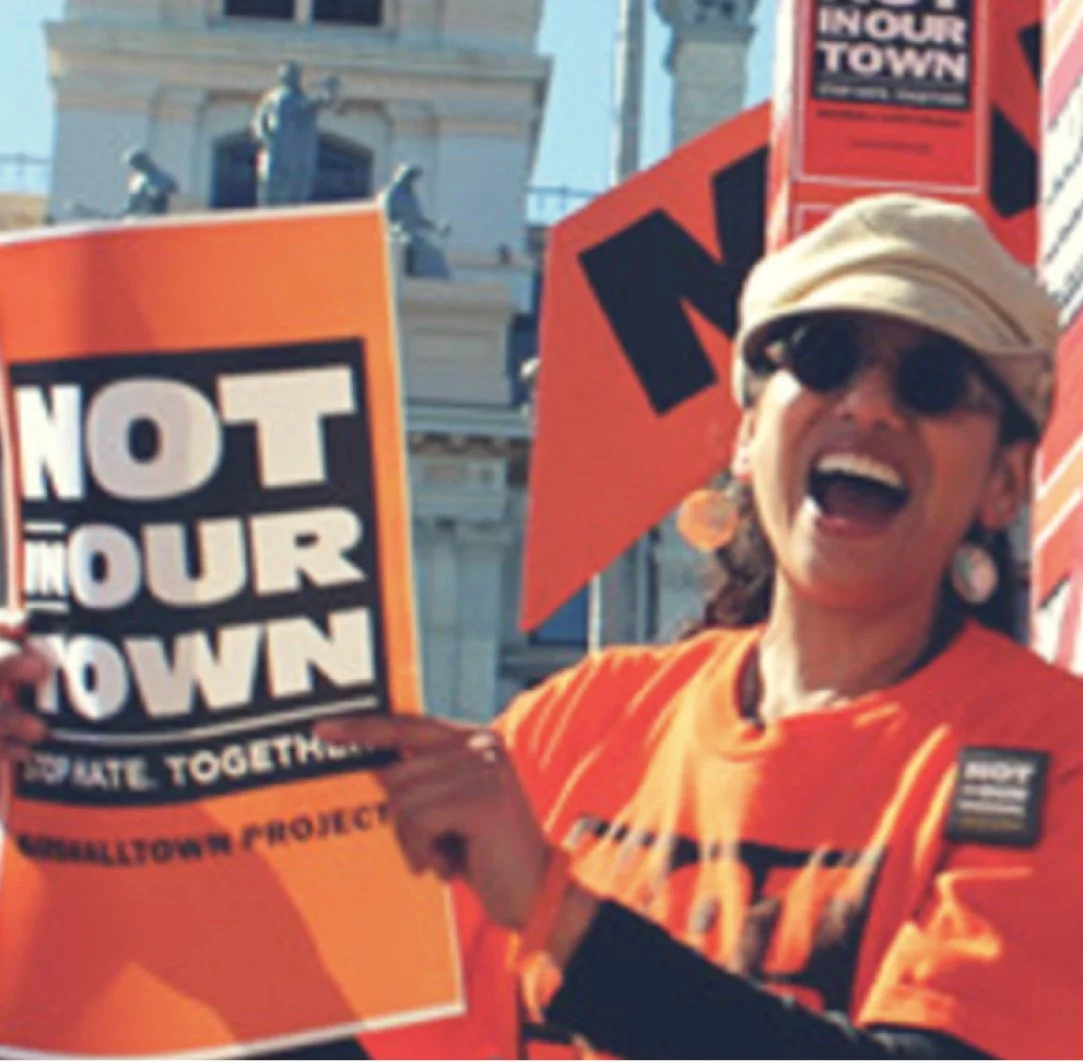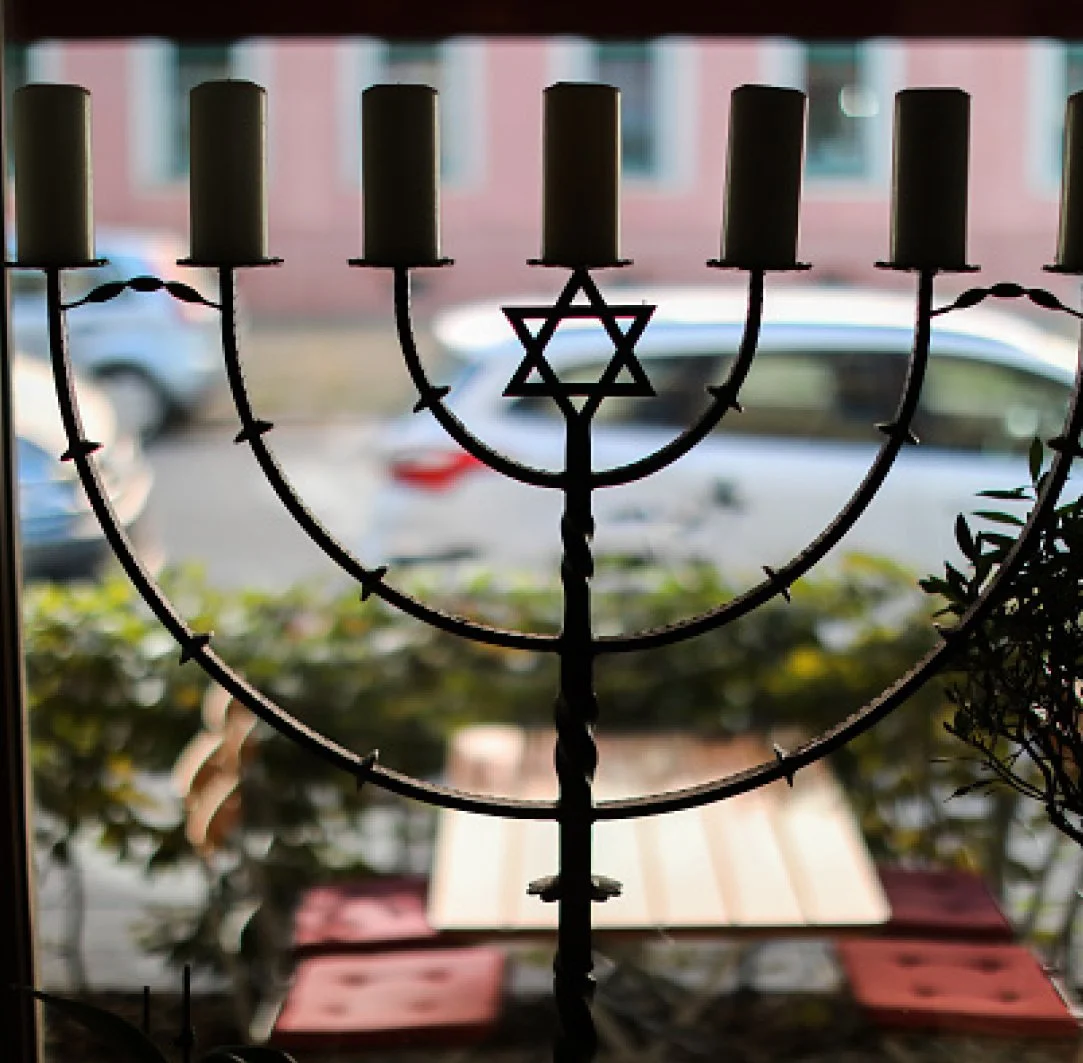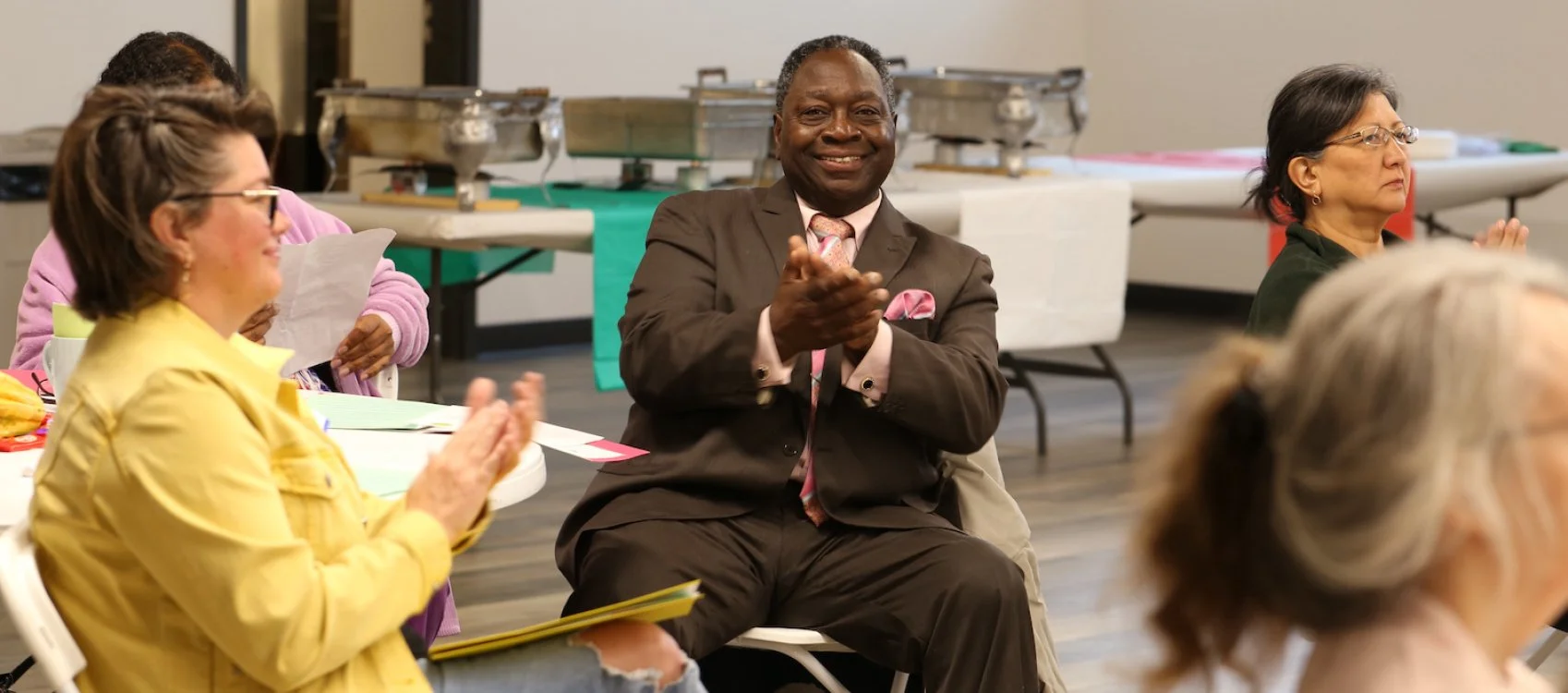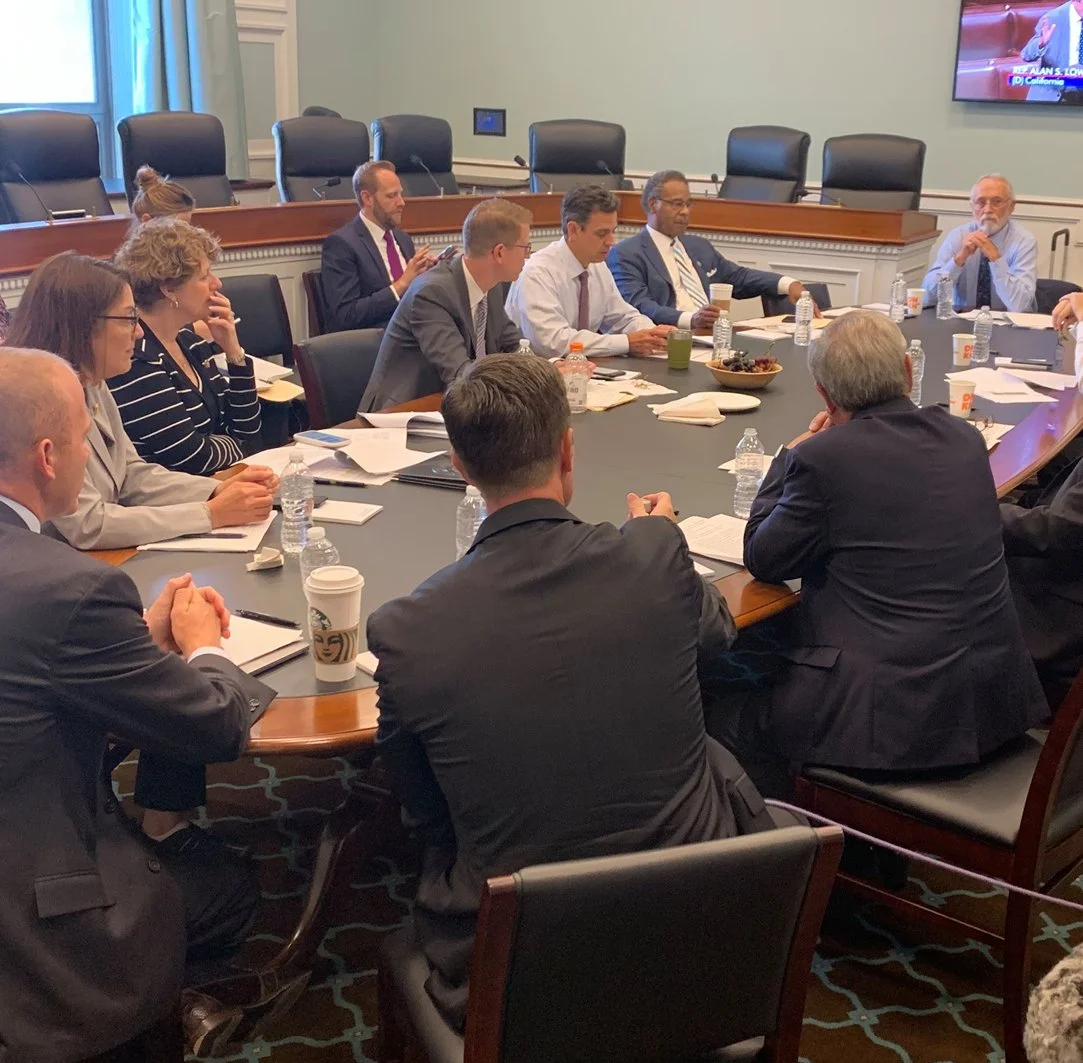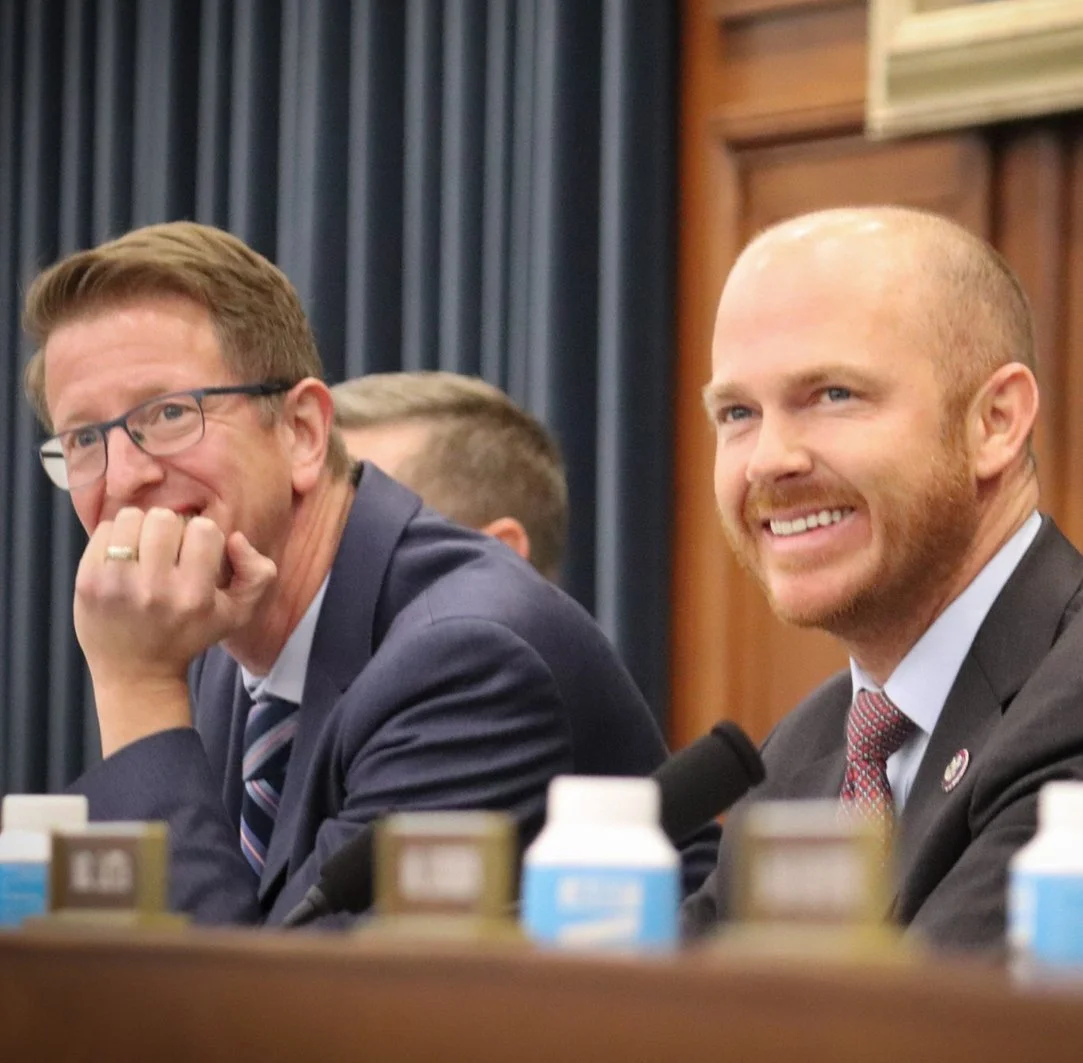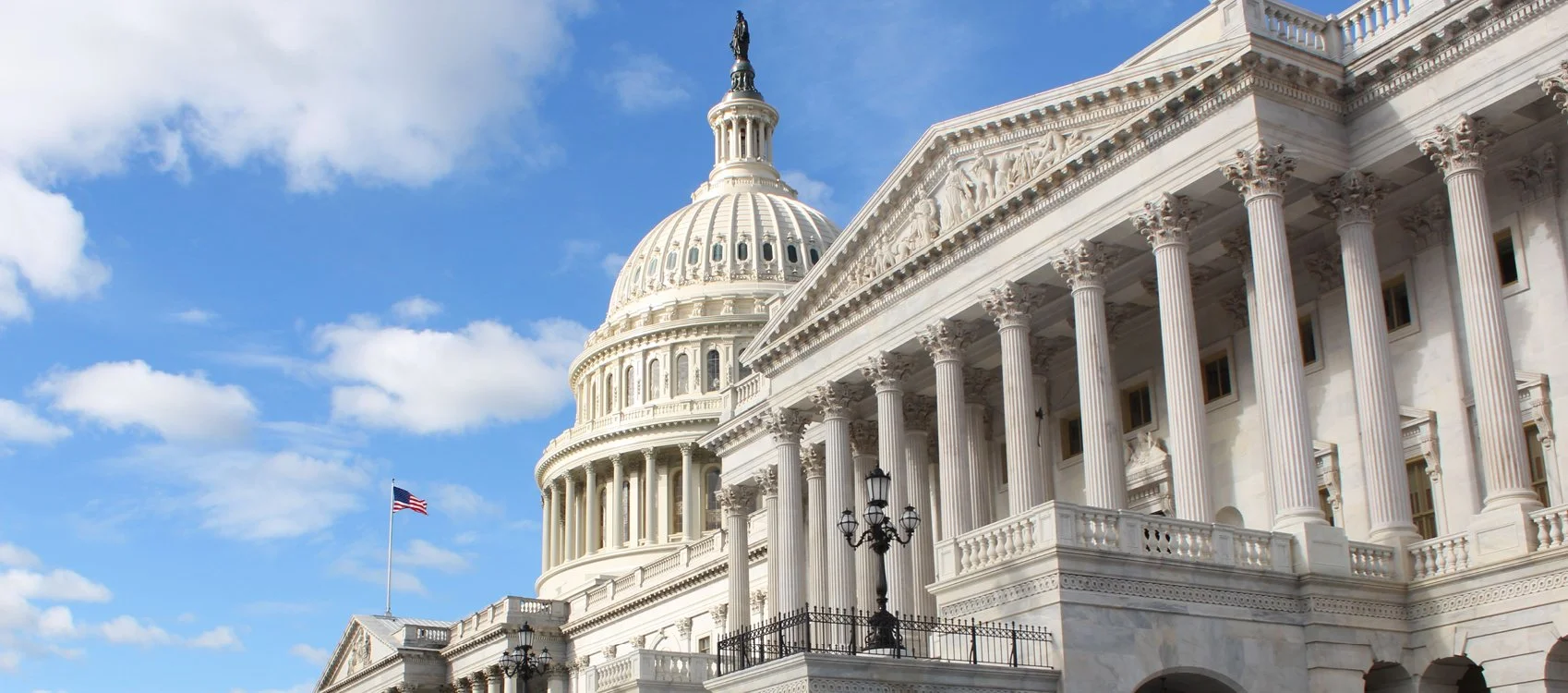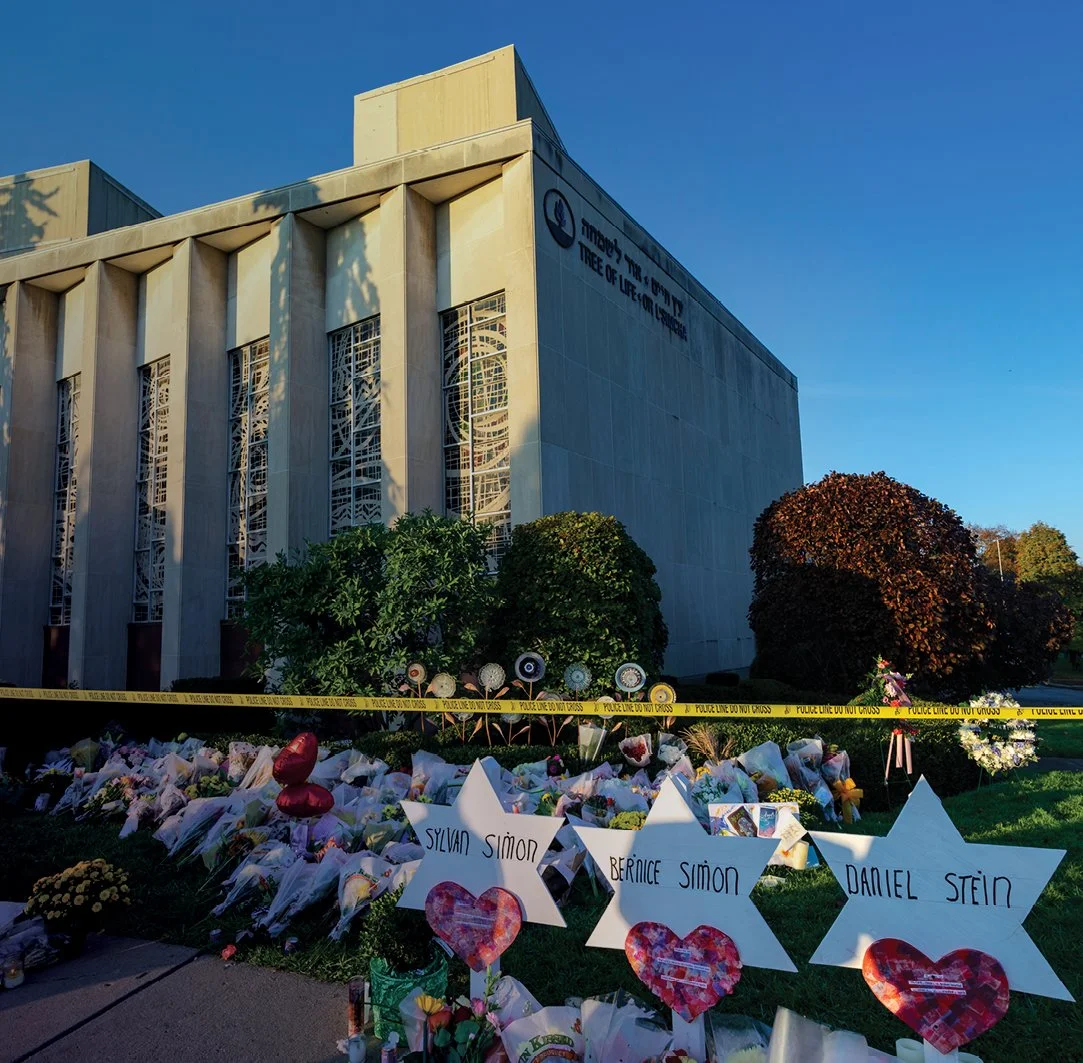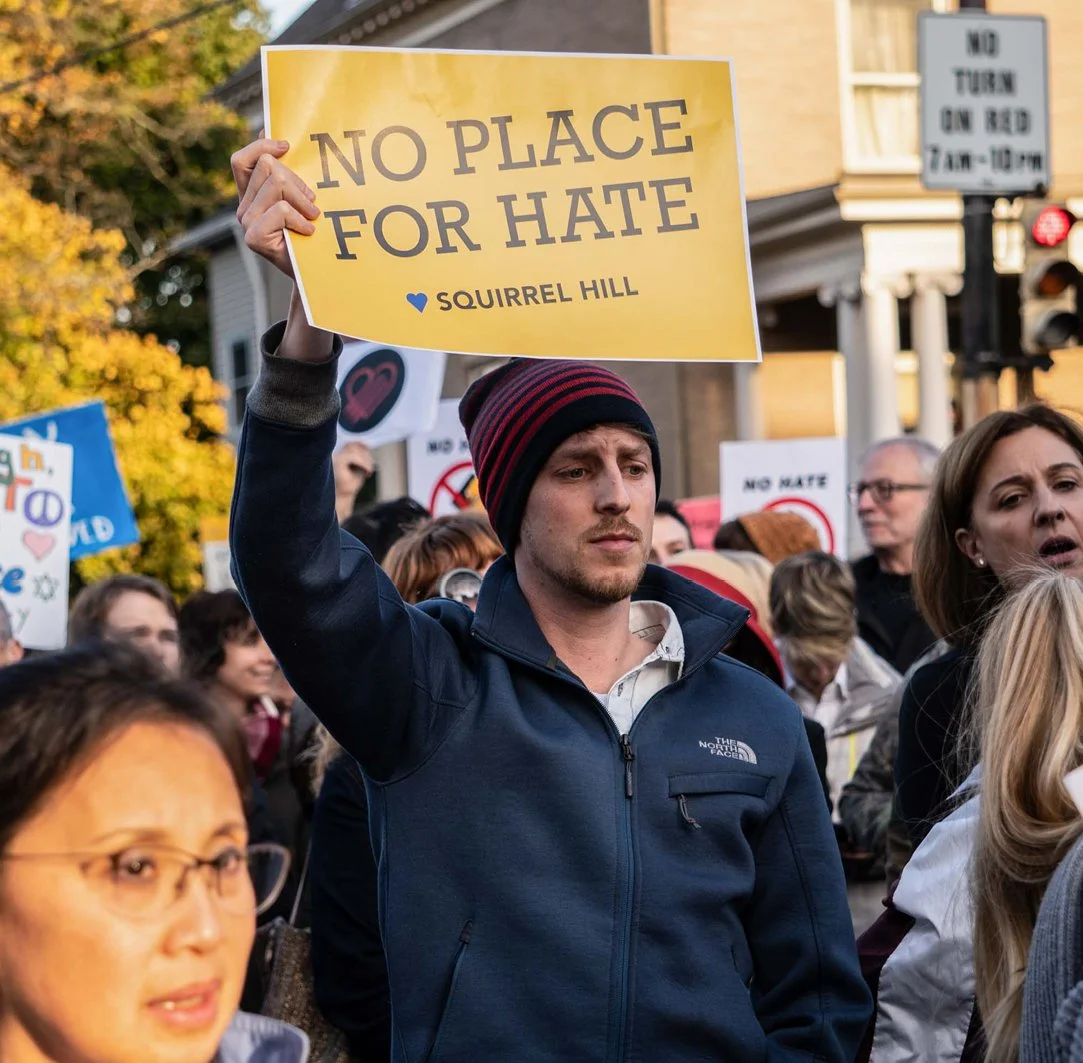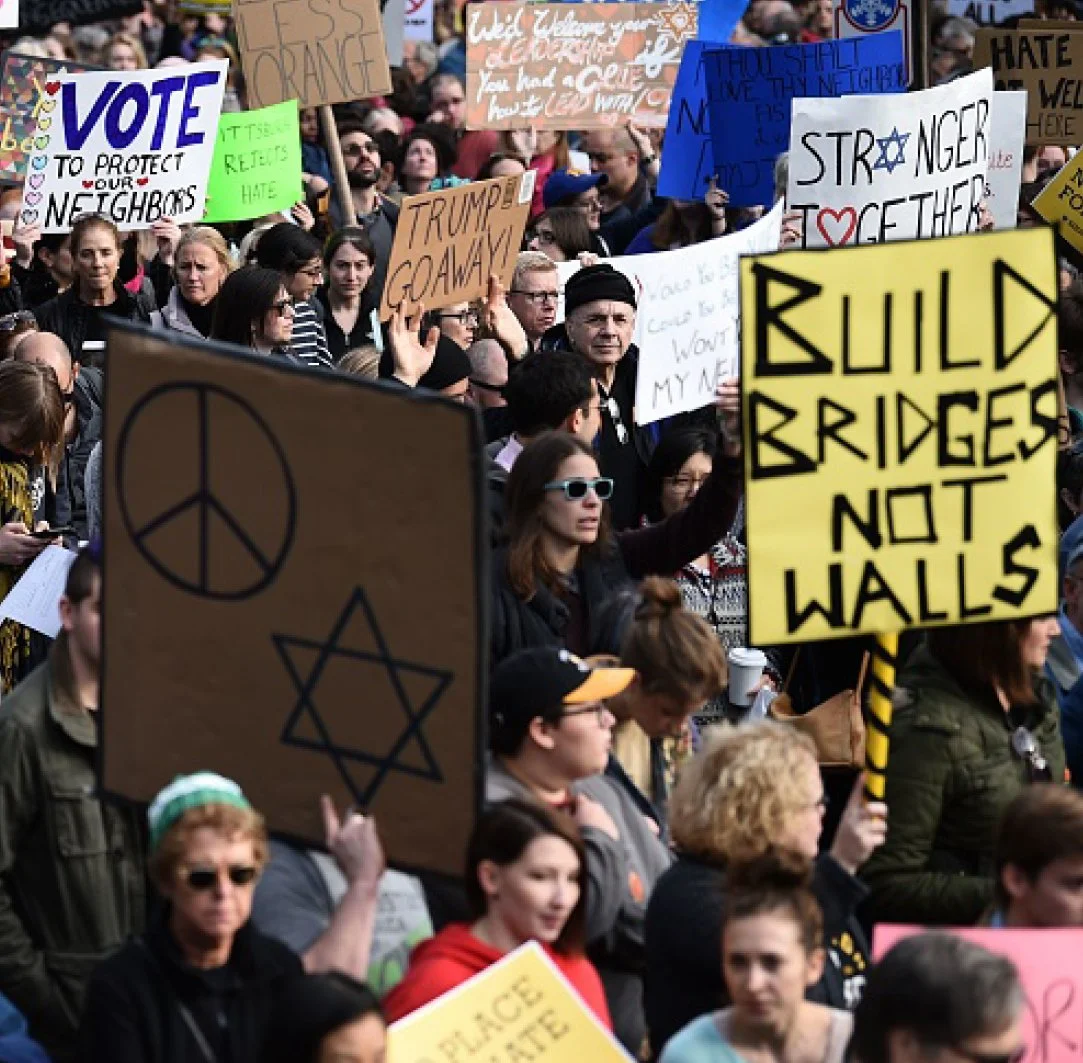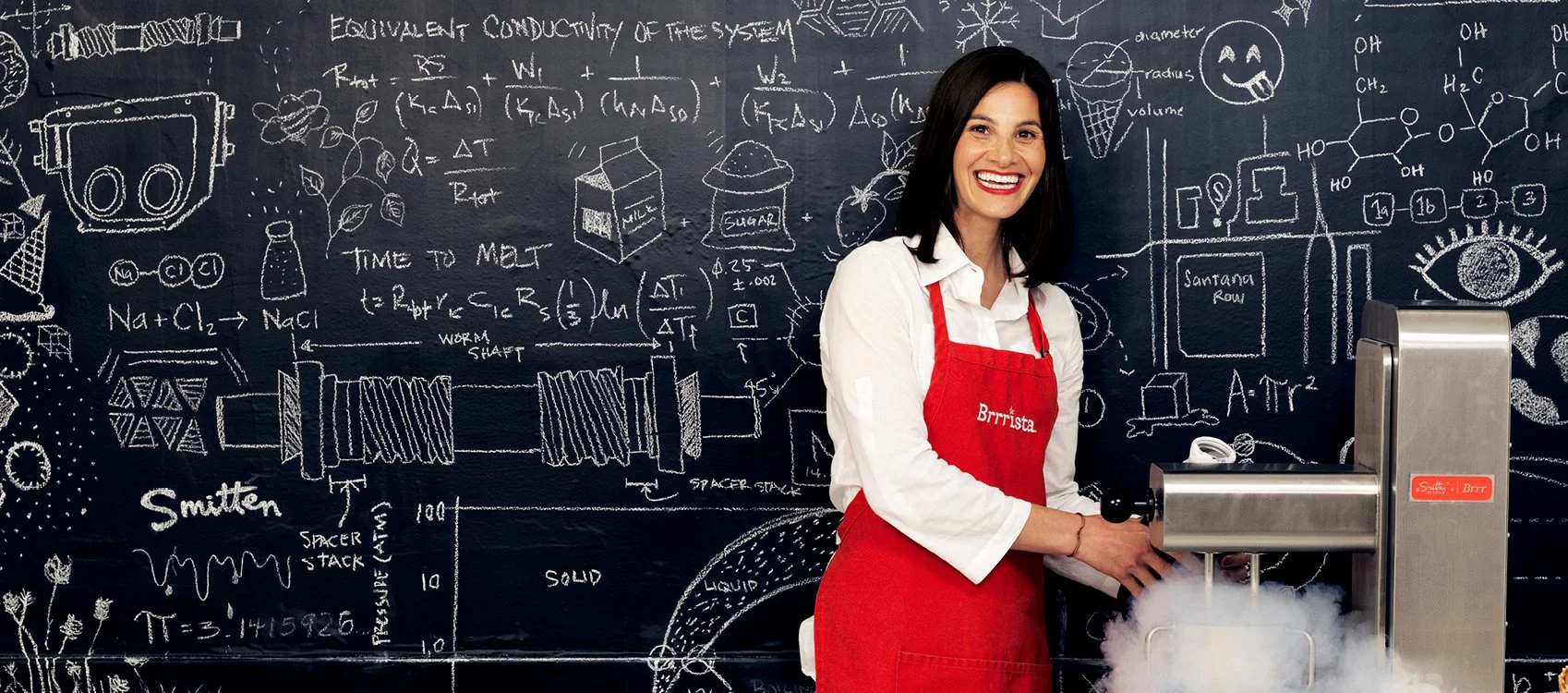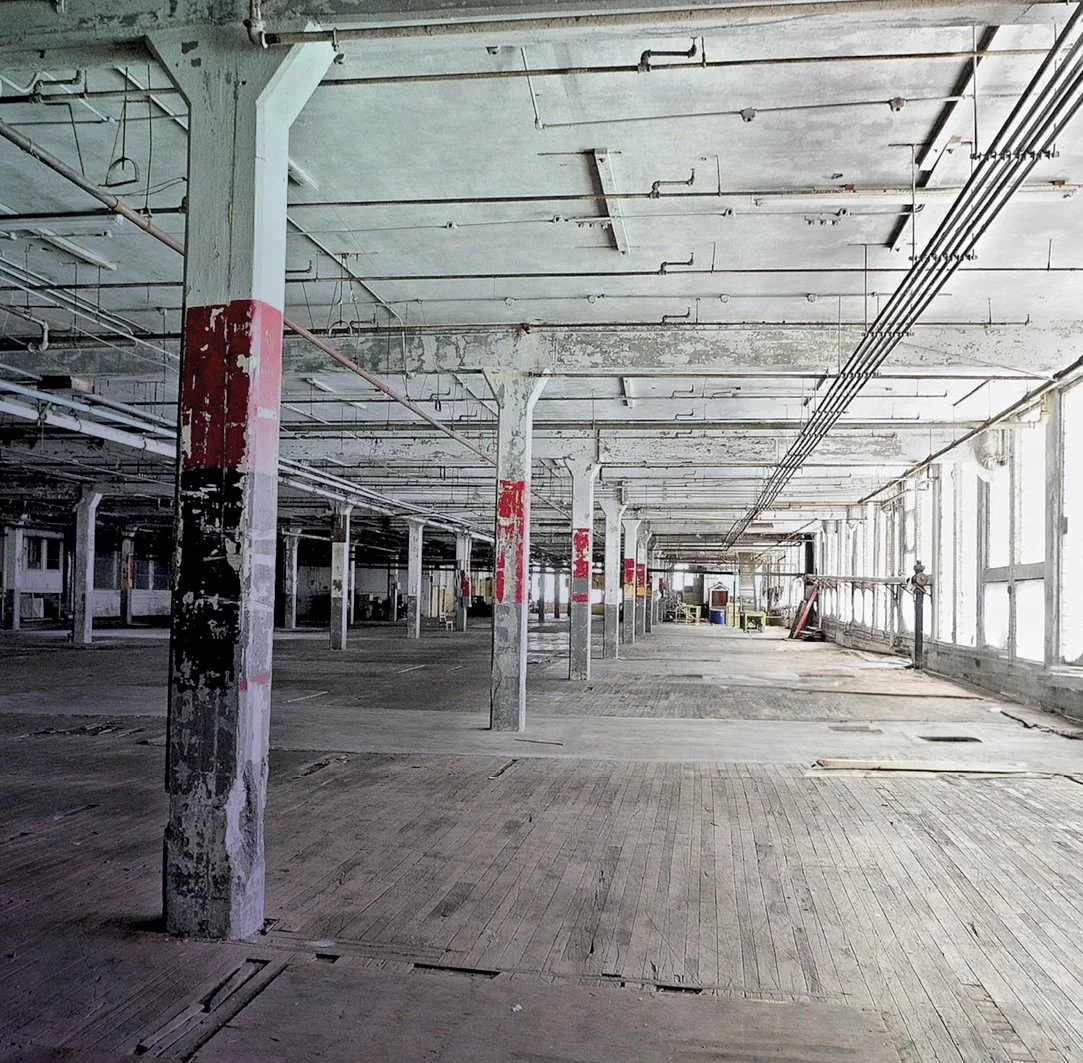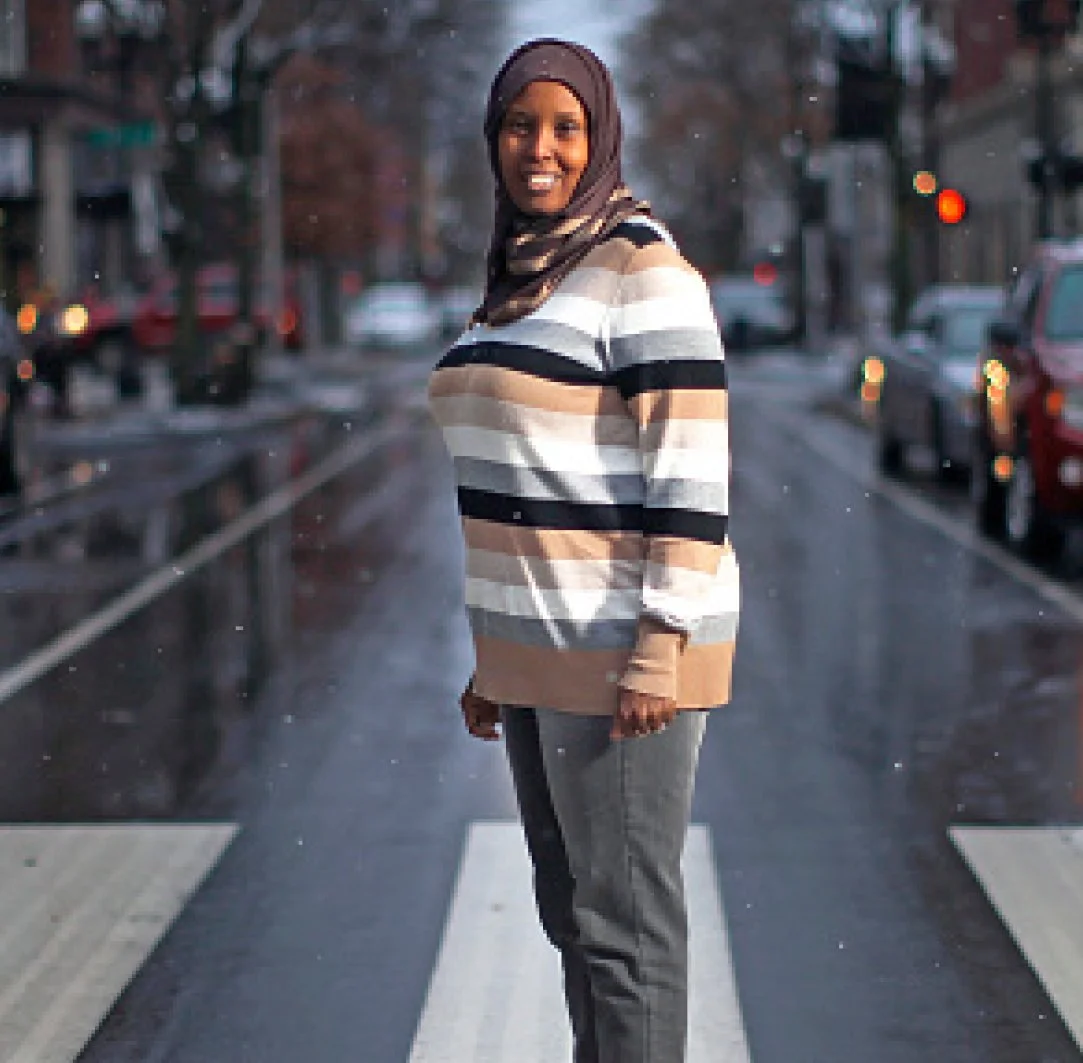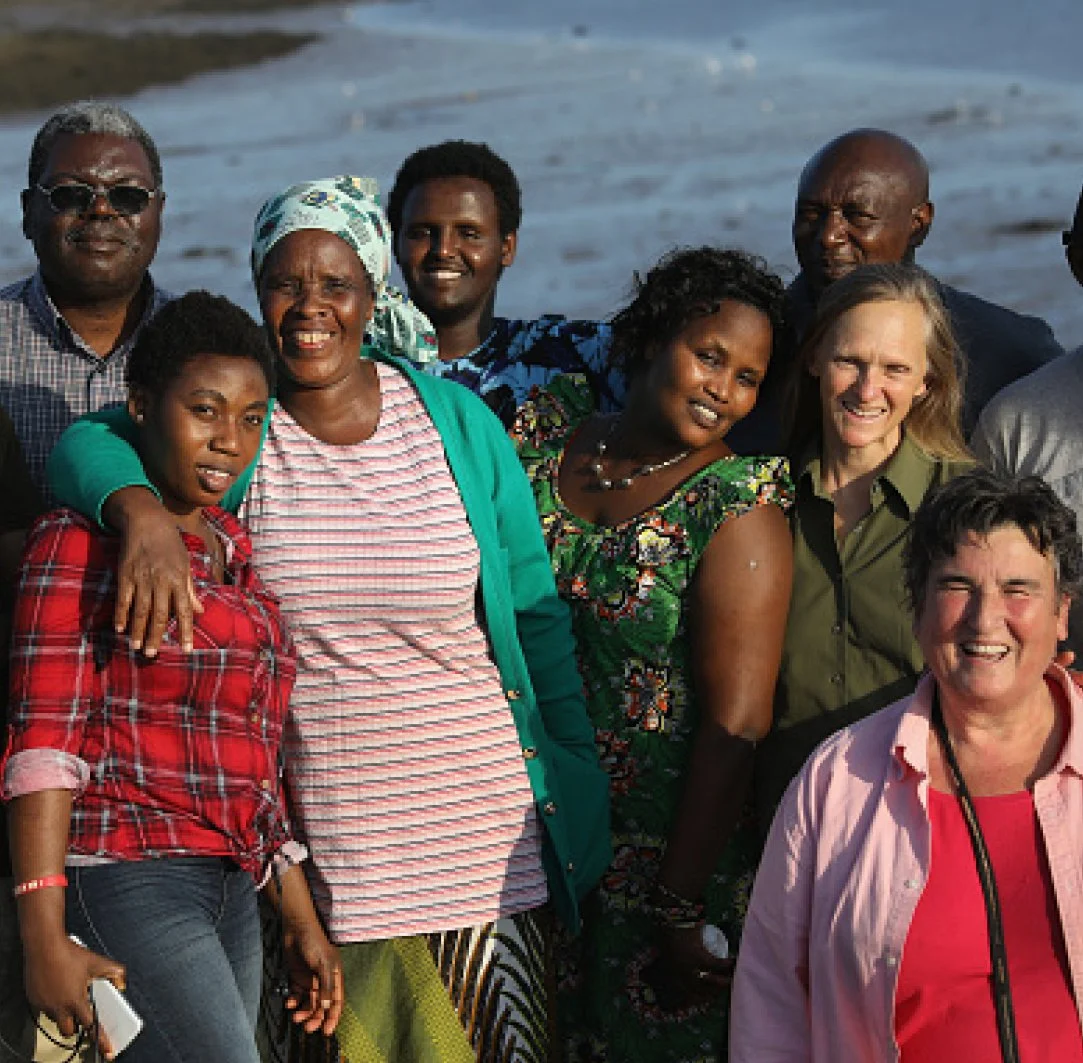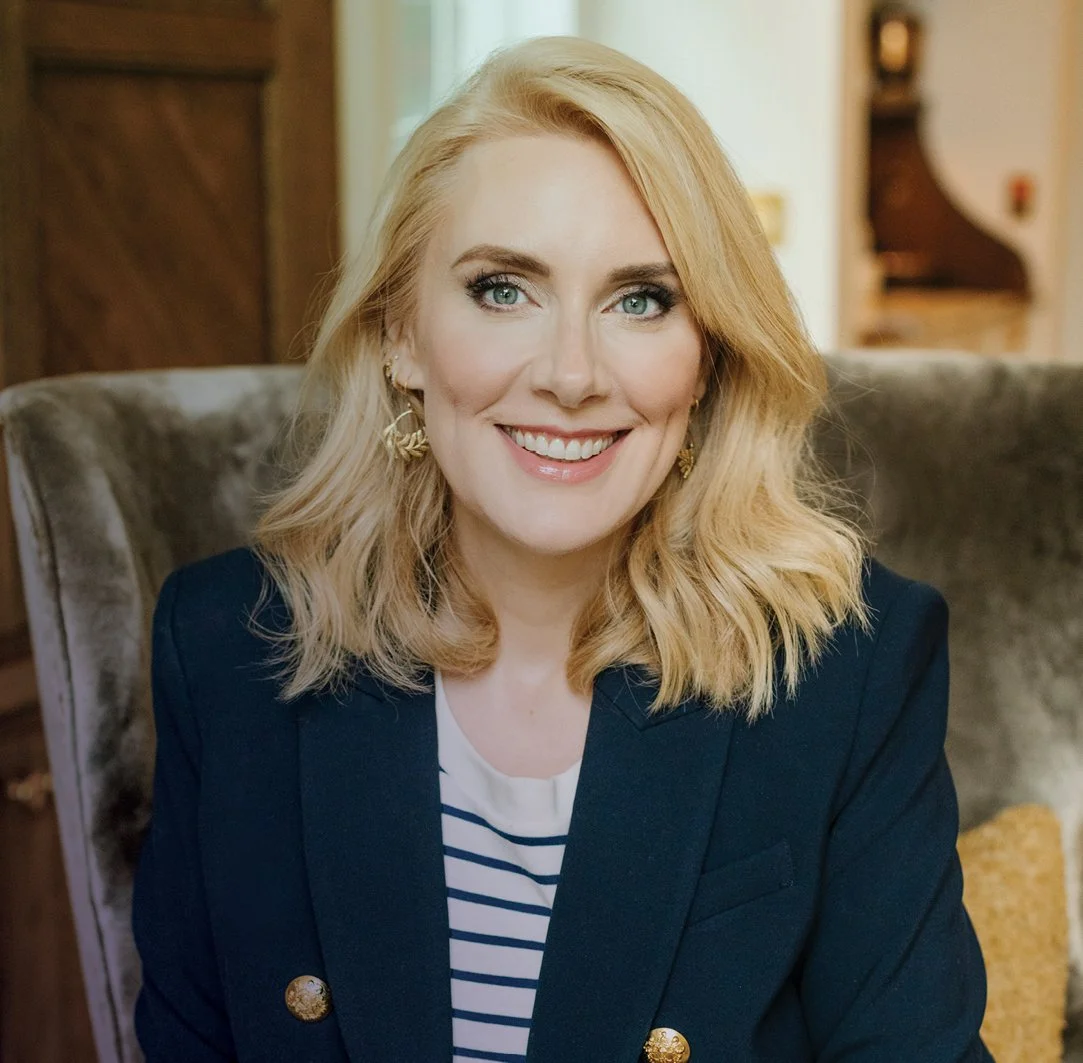Taking a Stand
Meet the people of Billings, Montana. When someone painted a swastika on a Native American family’s home, the local painters’ union repainted it. When skinheads disrupted services at an African American church, White neighbors accompanied its congregants to services. When a rock shattered an eight-year-old boy’s window displaying a menorah, hundreds of citizens hung a paper menorah in their windows.
“These are our neighbors,” said a member of the local painters’ union. “If someone throws a brick into your neighbor’s house, in Montana you run out there and try to stop them. Don’t they do that anywhere else in the country?”
Not so much in 1993, but a lot more do now, after independent filmmakers Patrice O’Neill and Rhian Miller sent a film crew to Billings to document how ordinary people stand up for their neighbors. The film, showcased as a PBS special, launched the Not In Our Town (NIOT) movement, turning bystanders into “upstanders” across the nation.
The actions undertaken by the people of Billings, replicated across the country, reveal an often overlooked truth: societal shifts are inevitable; our responses to those shifts are not.
—Excerpt from Remaking the Space Between Us
TAKING A STAND
The ongoing story
Today hundreds of self-organized Not In Our Town (NIOT) citizen groups are mobilizing faith-based organizations, nonprofits, law enforcement agencies, educators, public TV stations, labor organizations, and others to turn bystanders into “upstanders.”
After the 2018 attack on the Tree of Life synagogue in Pittsburgh, Not In Our Town founder, Patrice O’Neill, and her film crew went to the city to document how Pittsburghers repaired their world.
Renovating the People’s House
A committee meeting with Representatives and a guest expert sitting together around a table.
Committee Chairman Derek Kilmer and Vice Chair William Timmons.
“I ran for Congress to make a difference. Now that I’m here, I might as well be a potted plant.” This one comment captured the experience of 60 Representatives interviewed in 2018. Even though January 6th was still two years away, plenty had already happened to make it harder and harder to get anything done in the “People’s House.” Then, with little fanfare, twelve members set out to buck that trend.
Early in 2019, the House approved a member-led proposal to create the House Select Committee on the Modernization of Congress with the goal of making the House work better for the American people. The committee was composed of six Democrats and six Republicans and required a two-thirds majority to pass recommendations.
Under the leadership of committee chair Derek Kilmer (WA-06) and his vice-chairs, committee members committed themselves to working together on behalf of the American people. To succeed, they blew up the standard way of operating as a committee. Republicans and Democrats sat side-by-side, not across from one another; they relaxed constraints on time; they held planning retreats and broke bread together; they even talked about their feelings about January 6 and how they could get back on track, together.
In a Congress so toxic that very little gets done, the committee managed to pass more than 200 recommendations in only four years, most unanimously, two-thirds of which are already fully or partly implemented. Moral of the story? It is possible.
“I have a district that actually needs Congress to work. I think we could get a lot done if we approached each other from a position of mutual respect and tried to solve problems with each other.”
—Committee Chair Derek Kilmer (WA-06)
RENOVATING THE PEOPLE’S HOUSE
The ongoing story
The life of this temporary committee was extended twice, spanning two sessions of Congress, one before and one after January 6th. In 2023, the select committee was made a permanent subcommittee of the Committee on House Administration.
That same year, former committee Chair Derek Kilmer (D: WA-06) and Vice-Chair William Timmons (R: SC-04) launched the Fix Congress Caucus, a bipartisan group of lawmakers committed to making Congress work better for the American People.
Putting Faith in Friendship
In the aftermath of the 2018 attack on Pittsburgh’s Tree of Life synagogue, Pittsburghers declared to the world, “We are stronger than hate.” In a city long divided by segregation, faith leaders and everyday citizens reached across historic divides to achieve a common goal: keeping their communities safe from hate and violence.
The night of the attack, spontaneous displays of support sprang up across racial and religious divides, redefining what it means to be a neighbor. “It’s not just about someone who lives next to you,” said Rabbi Ron Symons of the Center for Loving Kindness. “A neighbor is someone who you have a moral responsibility towards and who has a moral responsibility towards you.”
In the years that followed, one national crisis after another tested the city’s resolve. “The Tree of Life and George Floyd in a very horrific, ironic way made it possible for people to be vulnerable with each other,” said Pittsburgh journalist Tony Norman. “They forced people to cross bridges that they weren’t comfortable crossing. And once people got into the habit of crossing bridges, you began to see a new spirit emerge.”
“We offered to do anything the Jewish community needed. If it’s standing in front of their services protecting them, if it’s buying groceries, if it’s showing up for every funeral and Shiva.”
—Wasi Mohamed, a member of the Islamic Center of Pittsburgh
PUTTING FAITH IN FRIENDSHIP
The ongoing story
Photography credit: Cody Pickens
On October 25, 2023—two weeks after Hamas’ attack on Israel, in the midst of Israel’s counterattack on Gaza, and two days before the 5th anniversary of the Tree of Life’s massacre—Robyn Sue Fisher of San Francisco chose love after someone smashed the front windows of her ice cream shop and spray painted “Free Palistin” (sic) on its storefront. Fisher is Jewish. No other nearby stores were targeted.
Fisher wrote an open letter to the community. “This is a defining moment for us,” she wrote, “as a community, as leaders, and as parents of children who are watching us and learning from our actions. We cannot choose how others treat us, but we can choose how we respond. I CHOOSE LOVE. Now more than ever.”
Coming Together
Like so many industrial centers, Lewiston, Maine fell into economic decline after its textile center closed its doors. With its population dwindling, Lewiston was on the verge of dying when an influx of Somalian refugees held out the possibility of bringing it back to life—but only if old and new, Black and White Mainers could come together. Although the people of Maine persevered, the path they took was far from straightforward.
Shortly after the Somali refugees arrived, White and African Mainers got on well together, playing sports and doing business together. But one Somali business owner still worried. “The politicians will try to separate us,” he told Heather McGhee, author of The Sum of Us, “just as they did in Central and Southern Africa”.
His words proved prescient. Once the first Somalis had settled in Lewiston, Mayor Laurier T. Raymond Jr. penned an open letter to the Somali community, asking them to slow down the arrival of new refugees. Whatever his intentions, the mayor’s letter drove a wedge between the Black and White, old and new Mainers who, desperate not to lose their footing, fought among themselves.
Eight years later, when Paul LePage ran for governor, he made Mayor Raymond look like a unity politician. This time, however, enough citizens got together to resist LePage’s racial wedge strategy by building a multiracial, working-class coalition of 32,000 new and old, Black and White Mainers called the Maine People’s Alliance. This Alliance used their differences not to fight against one another but to fight alongside each other to win a series of victories on everything from expanding Medicaid to passing rank-choice voting.
So that’s what these Mainers did: they pressed for the swerve. Together they built crossgroup experiences, alliances, friendships, and communities in the face of powerful forces working to divide them.
—Excerpt from Remaking the Space Between Us
COMING TOGETHER
The ongoing story
On October 25, 2023 a mentally ill, middle-aged Mainer killed 18 people and injured 13 others at two locations in Lewiston, Maine. He left in his wake grieving families and friends, a shaken community, and empty spaces in families, schools, and circles of friends.
Nearly two months after a mass shooting, some families of the victims have taken on the role of gun control activists.
Unlocking Our Minds
On Instagram as SharonSaysSo, former high school teacher Sharon McMahon invites citizens to think together about our most divisive issues. Since launching the site, McMahon has become one of America’s most trusted sources for nonpartisan, factual information.
Through podcasts, workshops, book clubs, and discussion groups McMahon offers citizens of all political persuasions nonpartisan, fact-based information on a range of contentious topics from abortion to immigration to racism to poverty. So far her site has over a million followers and is still counting.
In the midst of a toxic online environment, McMahon's platform offers an oasis—a place where people from diverse backgrounds can come together and explore divisive issues. Since launching the site, she has built an online community more interested in learning than in competing, showing us all that most people crave goodness, empathy, and grace.
McMahon’s secret sauce is her use of verifiable facts, genuine questions, balanced reasoning, and authentic conversation, offered up in an effort to help, not convince, cajole, or castigate. This secret sauce allows her to create a space that turns toxicity into curiosity. In that space, McMahon has helped over a million people see their common humanity and a common path forward.
“I honestly don’t think people believe they can get the facts. That is really the crux of the matter. They don’t understand where to get facts. They don’t know who to trust. They feel like they are getting played every day.”
—McMahon on Trevor Noah’s The Daily Show
UNLOCKING OUR MINDS
The ongoing story
During a talk to a sold-out crowd at Utah Valley University on October 10, 2023, Sharon McMahon reminded all those attending:
“It is not the job of government to make us ‘just, peaceful, good and free.’ The Constitution does not belong to the government. It is our job. We. Us. Me and you. All of us.”
Sign up to be part of the solution
Receive the essay: “Taking A Stand” and ongoing tips for empowered citizenship.
